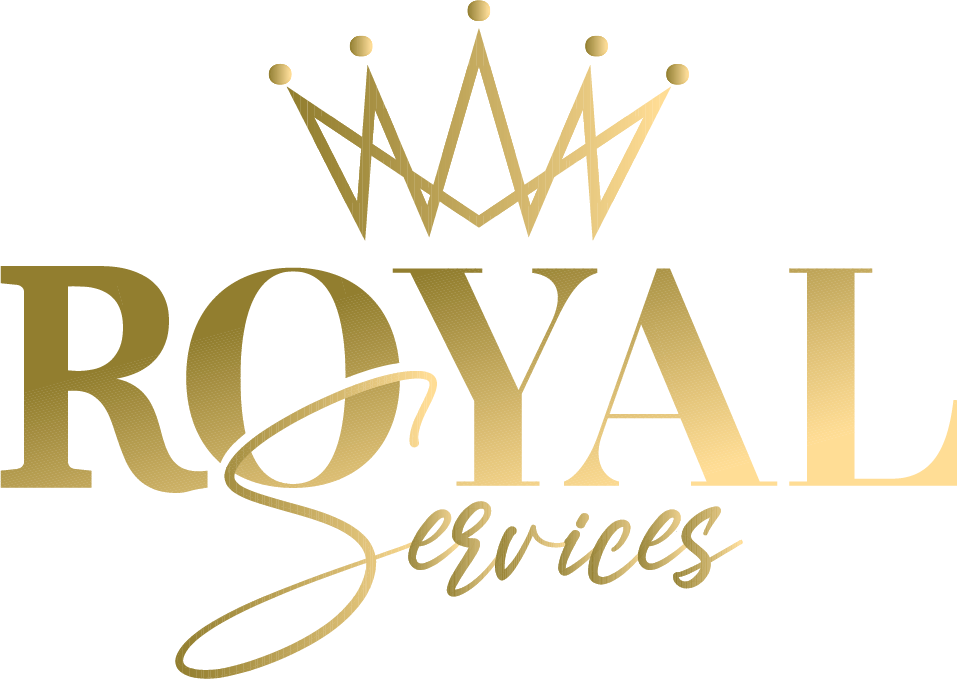Tax-Smart Strategies Every Small Business Owner Should Use Before Year-End
As the end of the year approaches, many small business owners find themselves gearing up for a stress-inducing period of year-end tax planning. However, instead of feeling overwhelmed, you can approach this crucial time with confidence by implementing smart tax strategies that could save you money and maximize your business deductions. In this post, we'll explore key small business tax tips that can help you navigate your tax obligations effectively and strategically.

Understanding the Importance of Year-End Tax Planning
Year-end tax planning is not just about crunching numbers; it's about ensuring that your hard work pays off when it's time to file your taxes. With the right strategies, you can optimize your financial position and minimize your tax liabilities. Here are a few compelling reasons to prioritize year-end tax planning:
- **Maximize Deductions: By being aware of available deductions, you can significantly reduce your taxable income.
- Avoid Penalties: Late or incorrect tax filings can lead to penalties. Planning ahead helps you stay compliant.
- Financial Forecasting: Assessing your year-end financial standing can aid in strategic planning for the coming year.
Key Tax-Smart Strategies for Small Business Owners
1. Organize Your Financial Records
Effective tax planning starts with accurate and organized financial records. Ensure you have all your business expenses documented, including receipts for transactions and invoices issued. This will not only facilitate your tax preparation but also help you identify potential deductions.
2. Take Advantage of Business Deductions
Understanding what you can deduct is crucial. Here are common business expense categories you should consider:
- Home Office Deduction: If you work from home, you may be eligible for a home office deduction. This includes a portion of your utilities, rent or mortgage, and home maintenance costs.
- Business Supplies and Equipment: Purchases made for your business—such as computers, office supplies, or professional services—can be deducted.
- Vehicle Expenses: If you use your vehicle for business, you can deduct expenses related to mileage or actual costs like gas and maintenance.
3. Consider Timing of Income and Expenses
The timing of income and expenses can affect your tax liability. If you anticipate higher earnings next year, consider deferring income until the following calendar year. Conversely, if you expect reduced income, accelerate expenses into the current year to take advantage of lower tax rates.
4. Review Retirement Contributions
Setting up a retirement plan not only benefits your future but can also offer tax advantages today. Contributions to plans such as a Simplified Employee Pension (SEP) or a 401(k) may be deductible, enabling you to lower your taxable income while saving for retirement.
5. Utilize Tax Credit
In addition to deductions, tax credits can also lower your tax bill dollar-for-dollar. Some credits worth exploring include:
- Research and Development Tax Credit: If you are involved in innovative projects, you may be eligible for credits related to R&D activities.
- Work Opportunity Tax Credit (WOTC): Hiring employees from certain target groups may qualify you for this significant tax credit.
6. Evaluate Your Legal Structure
The legal structure of your business can significantly affect your tax liabilities. For instance, LLCs, S Corporations, and sole proprietorships have different tax obligations. Consulting with a tax professional can help you determine if restructuring might result in a more favorable tax framework for your business.
7. Prepare for Estimated Taxes
If you are self-employed or run a business with significant income, you might need to pay estimated taxes throughout the year. Make sure to calculate your estimated payments accurately and adjust them based on your income and deductions.
8. Document Everything
Stay diligent about keeping thorough documentation for all deductions claimed. This includes keeping detailed records of all transactions and any supporting documents. This will serve as essential evidence in case of an audit.
Implementing These Strategies
Incorporating these tax strategies requires consistent effort, but the payoff can be substantial. Here's a step-by-step guide to help you implement these strategies effectively:
- Set a Deadline: Choose a date a few weeks before the year's end to finalize your tax planning.
- Consult Professionals: Engage with a tax advisor or accountant who specializes in small business taxation to assist with complex situations and ensure compliance with regulations.
- Review and Adjust: Regularly review your financial situation and adjust your strategies based on changes in income or expenses.
A Self-Employed Tax Guide
As a self-employed individual, your tax responsibilities differ from traditional employees. Understanding the necessary filings and deadlines specific to self-employed workers can be invaluable. Familiarize yourself with:
- Schedule C: For reporting income and expenses.
- Self-Employment Tax: Understand the implications of your self-employment tax obligations.
- Quarterly Filing: Remember to file estimated taxes quarterly based on your earnings.
Conclusion
By implementing these tax-smart strategies, you can approach the year-end with clarity and purpose. Whether you're seeking to maximize your business deductions or mitigate your tax burden, proactive planning is key. Don't leave your tax management to chance; equip yourself with knowledge, stay organized, and consult the right professionals to guide you through the process.
Call to Action
Ready to take control of your year-end tax planning? Share your thoughts in the comments below or reach out for a personalized consultation to develop a tax strategy tailored to your small business needs. And don't forget to share this post with fellow entrepreneurs who could benefit from these tax tips!
💡 Found this helpful? Share with someone who’s planning to buy a home. Follow us on Facebook and Instagram for more expert credit tips.
